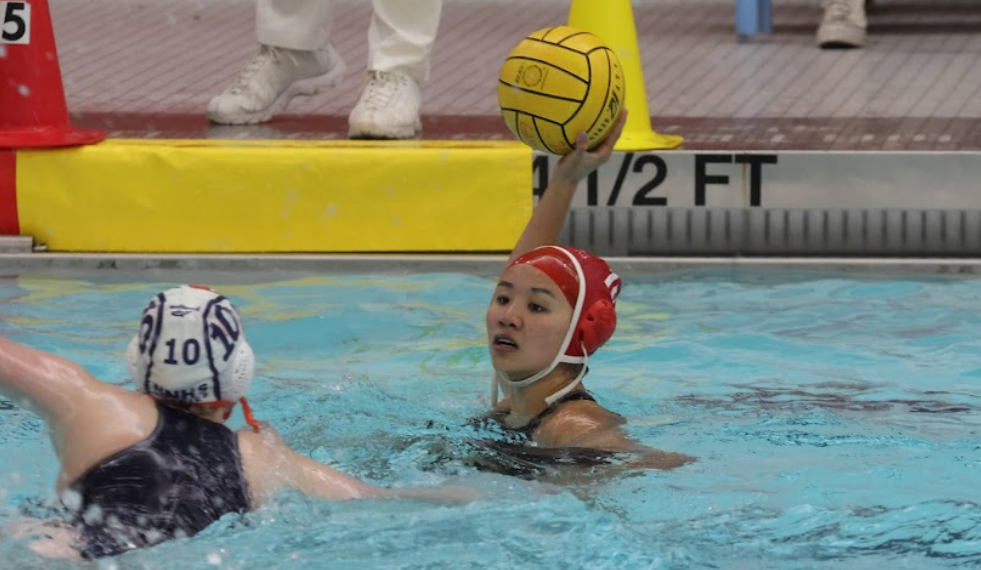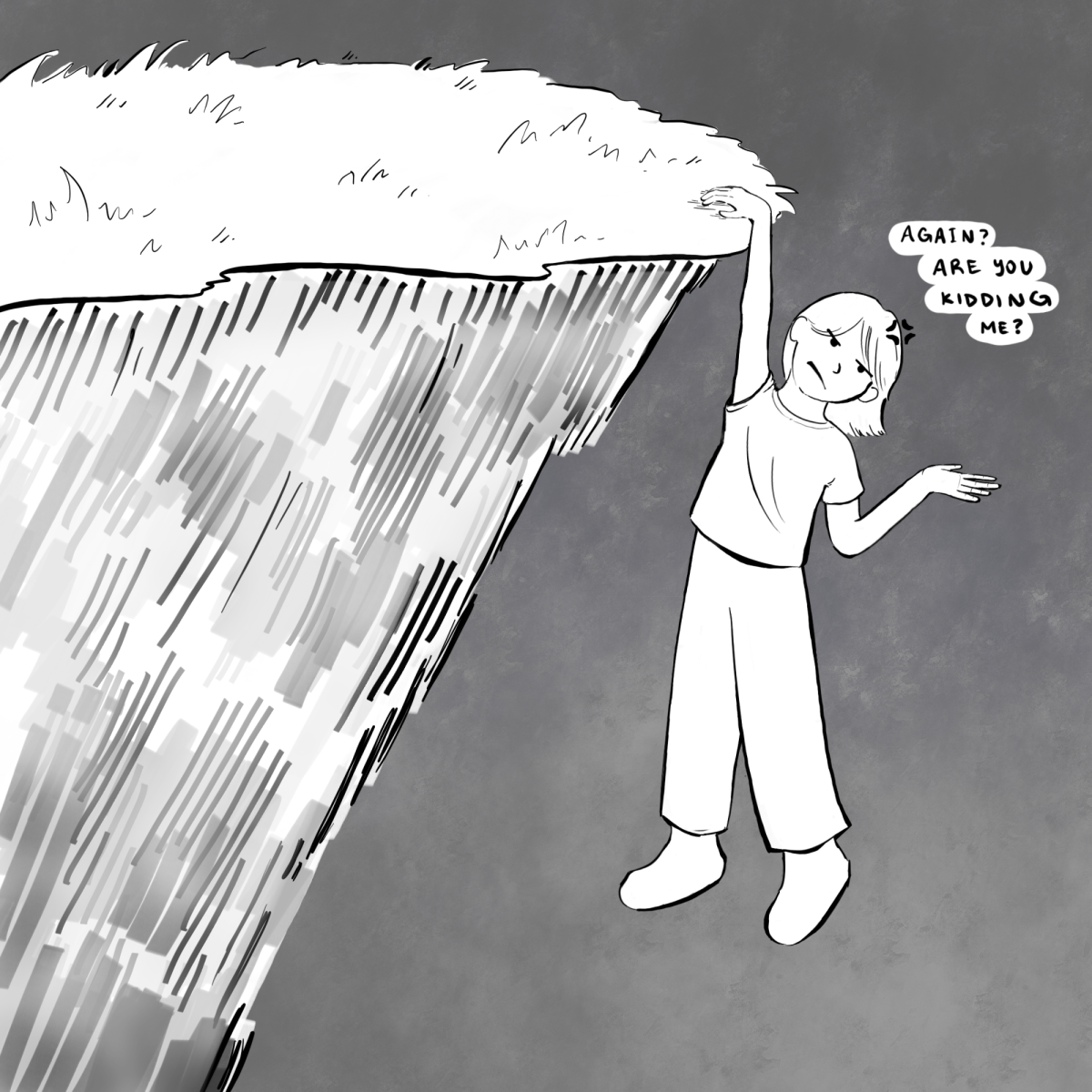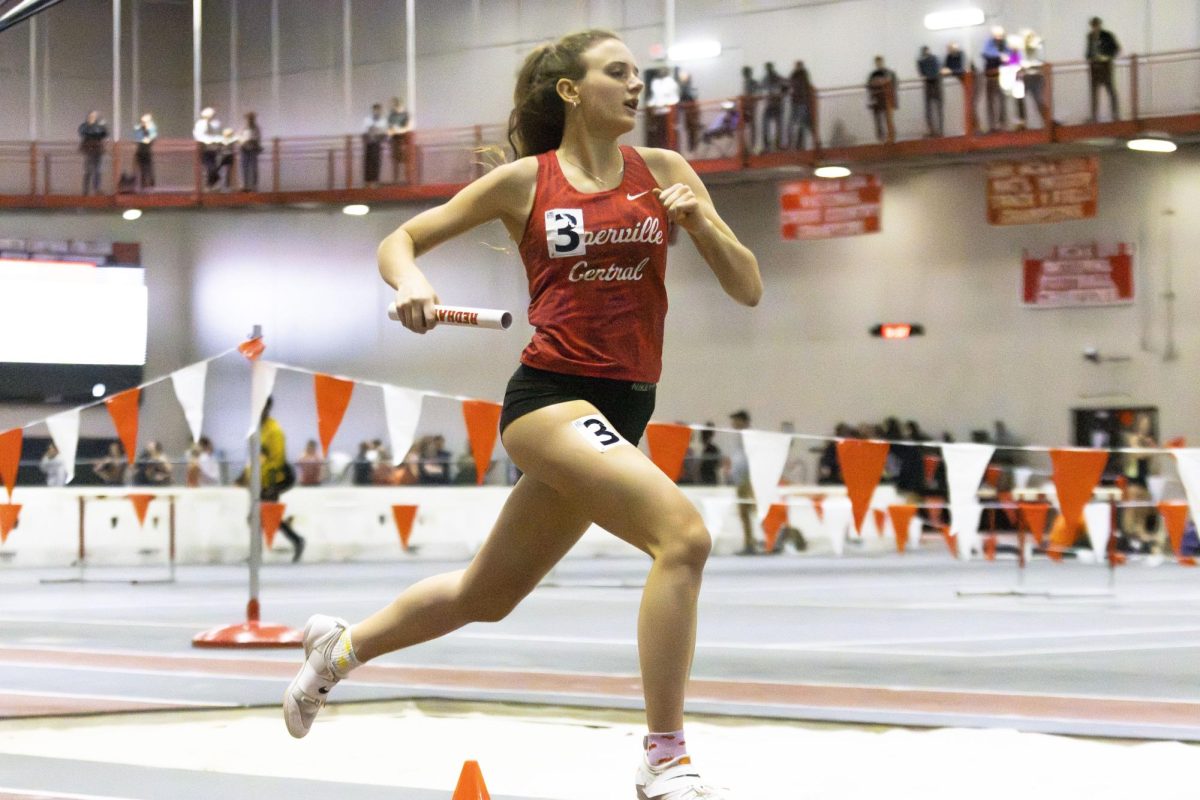Allocation of sports funding at Central
October 7, 2019
Naperville Central prides itself in providing its students with countless extracurriculars to get involved in, including 31 school-sponsored sports teams. Yet, some students on these teams are unaware of how these teams are funded.
Junior Rhea Bhatia explains that she has been part of the girls’ tennis team for three years but still does not know where resources for the team come from.
“I know that my parents pay a fee on 8 to 18 and we have car washes and fundraisers, but I would be curious to know the breakdown of where that money goes and where money comes in from,” Bhatia said.
According to Naperville Central Athletic Director Andy Lutzenkirchen, the main source of funding for these athletic programs is the revenue-generating athletic fees each student pays when they join a team. Athletic fees for each sport are based on a three-tier system determined by the cost per athlete for each sport. The athletic fees of Tier 1, Tier 2 and Tier 3 sports are $100, $80 and $60, respectively.
Revenues from ticket sales are an additional source of funding for athletic programs. Tickets are sold for sports such as football, soccer, volleyball, swimming, basketball, water polo, lacrosse and wrestling.
Some teams don’t generate enough revenue to sustain themselves, so both athletic fees and ticket sale revenues are pooled together and used to cover the cost of all 31 school-sponsored teams. There are some predetermined costs such as uniforms that every team needs. In addition, coaches compile lists of what equipment they need to play a sport, such as tennis balls and helmets, and what equipment they would like to supplement their program, such as a tackling dummy for football.
Once the necessary items have been budgeted for, additional requests are reviewed and incomplete requests are sometimes forwarded to the NCHS Athletic Boosters.
The Booster Club generates revenue through membership. In addition to purchasing equipment for teams, Boosters have paid for signage in the main gym, expenses for the Hall of Fame and team awards dinners.
Sports teams can also fundraise independently if they feel that the allocated funding is not sufficient for their needs.
“Coaches say supplement if they want to buy a different uniform than what I can provide or, for example, pay for buses so that the football team can go play a school in Ohio,” said







